Resilient women of Pakistan discussed at first roundtable of Karachi Biennale
Karachi Biennale 2017 is slated for October this year and the roundtable was the first in the series of its events
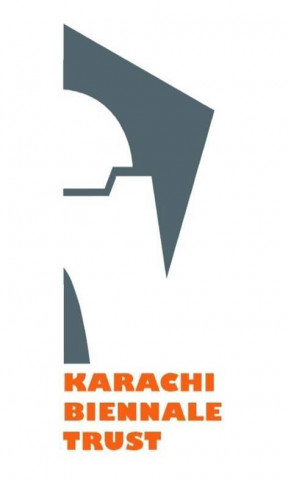
A range of topics were reflected upon, from female artists debating the impact of arts on society in contemporary times as well as the years before and the current wave of cybercrime laws to how women rose against the Zia regime in 1980s.
Karachi Biennale 2017 is slated for October this year. The roundtable was the first in the series of happenings to take place. Aquila Ismail, an educationist and writer, and activist Qurrat Mirza moderated the event.
Aiming high: Karachi Biennale to put city on global art map
"It is a sheer responsibility, which leads to justice. What you witness and what you quote in the courtroom leads to generations of people bearing [the] results of it [in one way or the other]," said artist Meher Afroze while talking about her work, titled ‘Gawahi’. Her work depicted different women painted in a frame and masked behind each other.
Artist Roohi Ahmed presented her work on the floor of the gallery, which documented the routes she has taken from her home in North Nazimabad to the Indus Valley School of Art and Architecture (IVS) in Clifton. She had to cross the ‘dark’ Saddar area, about which her mother often remarked, “Dekh bhal kay jana [Be careful while passing through that area].”
Artist Mariam Agha dissected the dichotomy of love. According to her, we tend to glorify love in any given situation. “In patriarchal society, the roles remain overlapping in the form of stronger … [men] and submissive attitude of [women]. But sometimes it can get to be just the opposite."
Pakistan Women qualify for 2017 World Cup
Hilda Saeed of Women Action Forum (WAF) narrated what led to the birth of the forum besides, of course, ‘how straitjacketing culture was not being supported by the people in General Zia's time’.
Maliha Zia, a lawyer, debated on women’s fear of identity and still believing in it as dictated by the norms of the society we live in.
Raheema Panhwar, a development consultant, chalked out her struggle in this day and age, coming as a ‘village girl’. She hoped one day the great urban-rural divide will be shunned.
Digital rights activist Farieha Aziz talked about how laws had really been in conflict because to get one judgement passed you had to rely on three kinds of judicial systems in Pakistan.
Niilofer Farrukh, an artist and member of the team organising the Karachi Biennale, said that one must be proactive and contribute towards change. “Who are these na maloom afraad [unknown miscreants] who are creating crimes against women, children and men?”

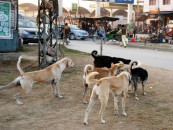
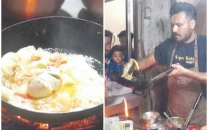
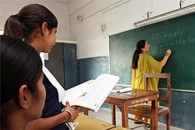


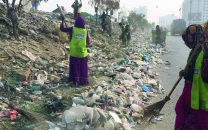












COMMENTS
Comments are moderated and generally will be posted if they are on-topic and not abusive.
For more information, please see our Comments FAQ